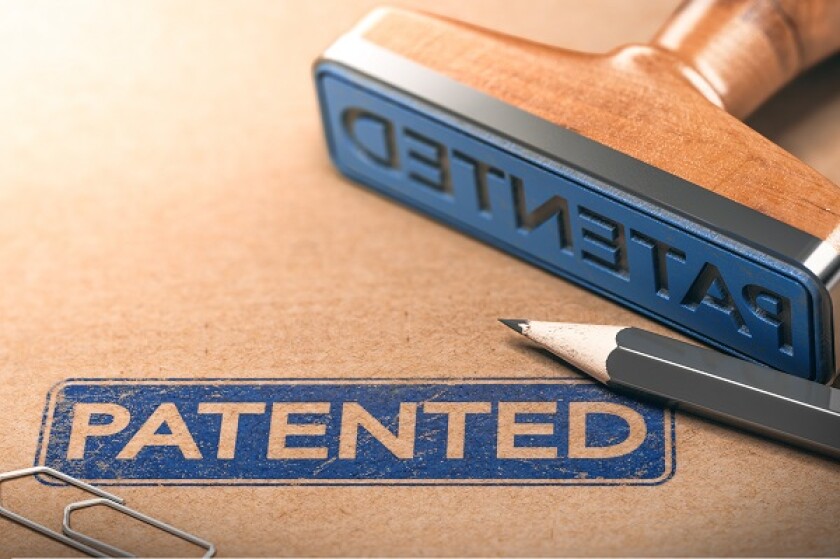Panellists from BAE Systems and Arm discussed best practices for optimising patent portfolios at the IP Corporate Strategy Summit on September 10, which was held virtually by Managing IP.
Rob Calico, vice president of IP and litigation at semiconductor company Arm in California, said a company should base its calculation for how many patents it needs partly on how many registrations belong to its competitors.
He asked: “If everyone jumped off a bridge, would you do it, too? Well if it’s in our same market space, yeah, we would.”
He said that companies might also want to let patents go from their portfolios to avoid paying maintenance fees.
· How auto companies make IP strategies that suit their needs
· Auto counsel give tips on IP department integration
· Panel: learn difference between know-how and trade secrets
To work out which patents are needed and which are simply a drain on resources, he added, businesses should look at the technological and geographical areas they are in today and those they want to be in in the future. There may be territories in which companies no longer need to keep certain patents.
Matt McBrien, head of patents at BAE Systems in the UK, said his company tries to be extremely cost efficient and regularly reviews its portfolio to make sure it meets budget needs. The legal team also discusses patents with business leaders to make sure they are linked to particular business projects.
Sarah Guichard, lead patent counsel at Google in San Francisco but speaking in a personal capacity, said the value of patents is tied to the revenue they protect. Companies should work to understand their revenue and their licensing partners’ income because that knowledge will help both licensors and licensees see the value in the relationship.
Bruised egos
Panellists also delved into concerns that scrapping patents could bruise inventors’ egos if they were particularly attached to the patents.
McBrien at BAE Systems said lawyers should approach inventors with objective reasoning for why a patent was allowed to lapse. Patents that BAE Systems removes from its portfolio tend to be older, he said, and the inventor community has often moved on and isn’t bothered by the loss.
Sometimes, it’s also important for lawyers to discuss patent pruning with inventors because they may have reasons for keeping the patents that in-house attorneys haven’t considered, McBrien added.
Guichard said that she once encountered a case where assets were going to lapse but an inventor advised her not to let them go, and the patents ended up being extremely valuable to the company.
But most inventors she has worked with are fine with the fact that a patent might not be maintained, because they want their companies to have funds to protect newer technologies.
Calico at Arm added that the bonuses his company pays inventors are not dependent on whether the business pays renewal fees for the patents. He said he would imagine that inventors would be more upset about letting patents go if doing so decreased their bonuses.
Speakers then moved on to whether smaller companies needed to worry about patent portfolio optimisation or whether that was only a concern for bigger corporations.
McBrien said a company with two or three patents may not need a quarterly review process to determine whether it wants to pay renewal fees. But it should still understand what it wants IP to do for the business.
Guichard said smaller companies should consider whether they are filling patent applications in the right space and at the optimal time. “The size of the patent portfolio doesn’t matter. Optimisation is important,” she said.
Nigel Swycher, CEO at patent information services company Cipher in London, moderated the panel.











